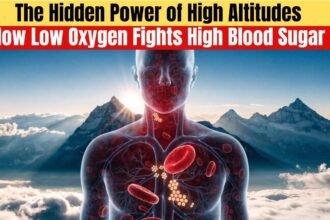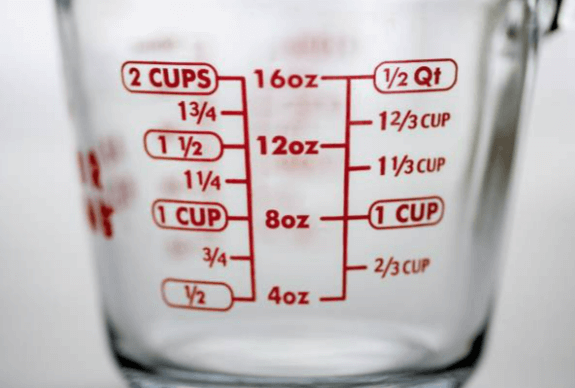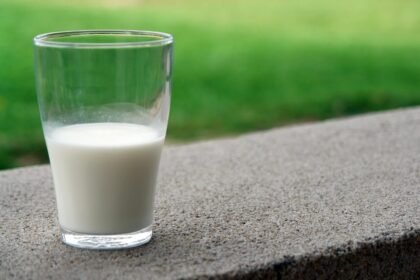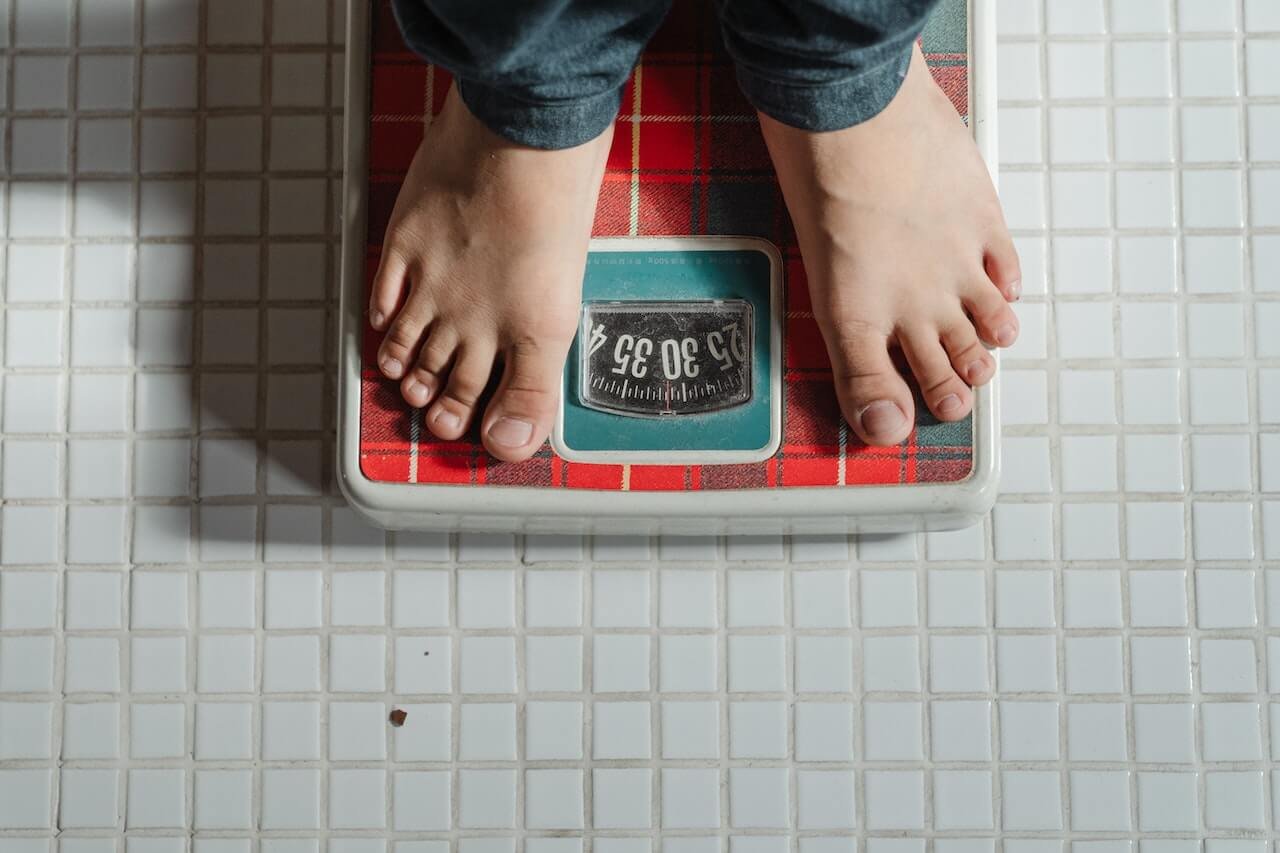A whole-food, plant-based diet is a life-changing way to improve your health and well-being. Still, this change can be hard, especially in the beginning, just like any other big lifestyle change.
As people’s bodies get used to a new way of living, they often feel uncomfortable or tired.
Let’s talk about why these changes happen, how the body cleanses itself during this time, and what can be done to make the change easier while still making sure it works in the long run.
Why the Transition Feels Difficult: Understand the Detox Phase
It’s normal to need some time to get used to a whole-food, plant-based diet. In this phase, which is sometimes called a “detox phase,” the body gets rid of the poisons it has stored from eating a lot of processed foods, salt, sugar, and unhealthy fats.
In this phase, people can have different symptoms, but they often feel tired, have headaches, or even have flu-like symptoms.
The Role of Salt in Detox Symptoms
A drop in salt intake is often the cause of early pain. When someone comes from a diet high in processed foods, they often eat too much salt.
When you start eating less salt, your kidneys keep getting rid of salt as if you were still eating a lot of it.
This difference can make ions like sodium, magnesium, potassium, and chloride out of balance.
It is normal to feel tired, dizzy, and have weak muscles during this time.
These problems get worse when you’re too hydrated. Electrolytes can get even diluted when you drink the same large amounts of water that are good for a high-salt diet.
This can make your symptoms worse. Changing how much water you drink during this time can help lessen these effects.
How Long Does It Take to Adapt?
Some people feel better in a week, while others may need 3 to 4 weeks or even longer to fully adjust.
This time frame relies on things like your past eating habits, how much water you drink, and your overall health.
People with more metabolic waste or underlying health problems may need more time to get used to the changes.
Secondary Detox: A Sign of Healing
It’s interesting that between weeks 4 and 12, as the body’s nutrient levels level off, a second detox process may happen.
As the body tries to fix damage and get rid of leftover toxins, this phase shows deeper healing processes.
Symptoms like slight tiredness, skin irritation, or feeling like you have the flu may come back for a short time. Even though these can be painful, they are often signs that the body is getting healthier.
Practical Tips for a Smoother Transition
- Gradual Changes to Reduce Shock
Instead of an abrupt shift, consider gradually incorporating more whole, plant-based foods into your meals. This allows your body to acclimate more smoothly. - Monitor Electrolyte Levels
Pay attention to signs of electrolyte imbalance. Foods rich in magnesium, potassium, and sodium (in moderation) can help replenish lost electrolytes. Examples include leafy greens, bananas, and a sprinkle of sea salt if needed. - Hydrate Wisely
Adjust your water intake to match your new diet. Overhydration can dilute essential electrolytes, so drink when you feel thirsty rather than adhering to a fixed number of glasses. - Respect Your Body’s Signals
Symptoms like headaches or fatigue may indicate detoxification rather than illness. Avoid suppressing these symptoms with medication unless necessary. Instead, focus on rest, proper hydration, and nutrient-rich meals. - Incorporate Nutrient-Dense Foods
Whole grains, legumes, fresh fruits, and vegetables provide essential vitamins and minerals that support the body’s detox and healing processes. Variety is key to covering a broad spectrum of nutrients. - Avoid Overeating Processed Vegan Alternatives
Transitioning to a whole-food diet means minimizing processed foods, even plant-based ones. These can still be high in salt and additives, counteracting the benefits of your new eating style.
The Body’s Evolving Response to Medication
For people who are taking meds, switching to a healthier diet can also change how well the drugs work and cause side effects.
As body weight goes down and sensitivity to chemicals rises, medicines may work better or cause side effects that are more noticeable.
To make sure safety and adjust doses as needed, it’s important to see a doctor or nurse on a regular basis.
Benefits Await Beyond the Hurdles
Though the adjustment period may feel challenging, the rewards of a whole-food, plant-based diet are profound and far-reaching:
- Improved Energy Levels
As the body detoxifies and replenishes with nutrient-dense foods, chronic fatigue and sluggishness often give way to sustained energy and vitality. - Weight Management
Whole, plant-based foods are naturally lower in calories and higher in fiber, supporting healthy and sustainable weight loss. - Reduced Risk of Chronic Diseases
Studies have shown that plant-based diets can lower the risk of heart disease, type 2 diabetes, and certain cancers. The reduction in salt intake also contributes to improved blood pressure and cardiovascular health. - Enhanced Digestion
The high fiber content of a plant-based diet promotes gut health, reduces bloating, and alleviates constipation, contributing to overall well-being. - Clearer Skin and Better Immunity
Detoxification and the intake of antioxidant-rich foods often result in clearer skin and a stronger immune system.
Address Concerns Along the Way
Is It Normal to Feel Crappy for Weeks?
If you’re feeling sick for a long time, you might need to change how you’re doing things. Symptoms that last a long time could be caused by not getting enough food, an excess of electrolytes, or drinking too much water. Talking to a doctor or chef can help you figure out and fix these problems.
Does Body Size Affect Detox?
Yes, cleansing may take longer for people who have a higher body mass index or a lot of weight to lose. When you lose weight, toxins that were stored in fat tissue are released. This can temporarily make your symptoms worse. Losing weight slowly and eating well every day will help lessen these affects over time.
Conclusion
Making the switch to a plant-based, whole-food diet is a great way to live a healthier, more fulfilling life.
Even though the first part might be awkward, figuring out how things work and making strategic changes can help the transition go more smoothly.
Remember that this trip isn’t about being perfect, it’s about getting better. If you pay attention to your body, are patient, and think about the long-term benefits, you can make this lifestyle change work for you and enjoy all of its benefits.
Every obstacle you get past brings you one step closer to better health, more energy, and a greater sense of well-being.












